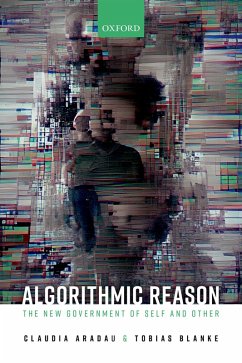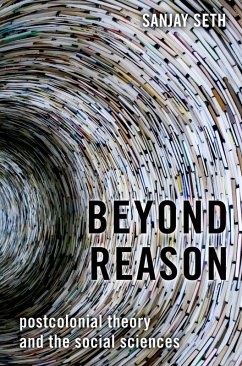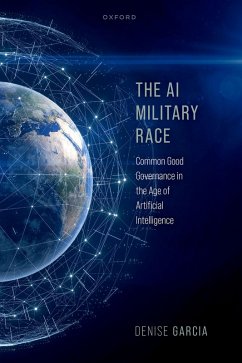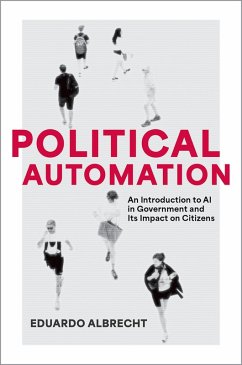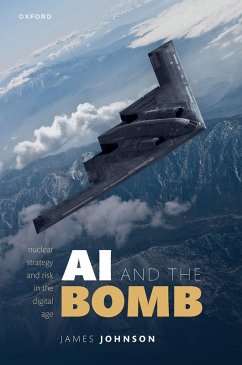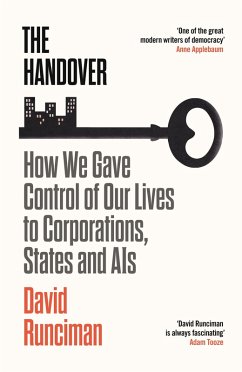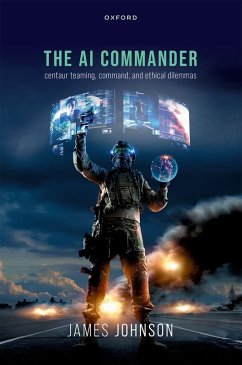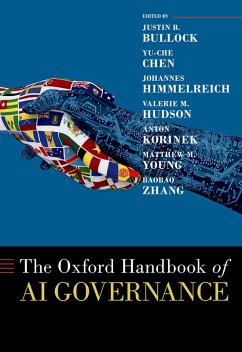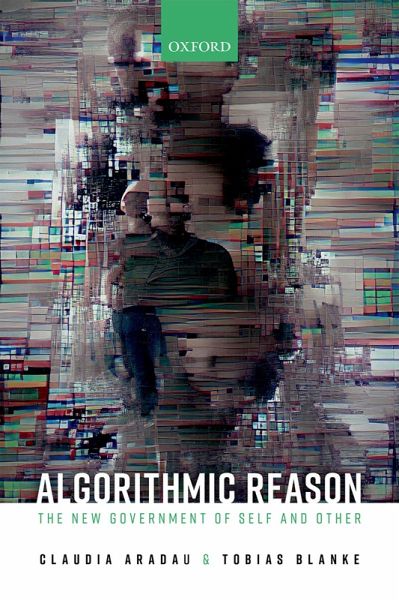
Algorithmic Reason (eBook, ePUB)
The New Government of Self and Other
Versandkostenfrei!
Sofort per Download lieferbar
43,95 €
inkl. MwSt.
Weitere Ausgaben:

PAYBACK Punkte
22 °P sammeln!
This is an open access title available under the terms of a CC BY-NC-ND 4.0 International licence. It is free to read at Oxford Scholarship Online and offered as a free PDF download from OUP and selected open access locations. Are algorithms ruling the world today? Is artificial intelligence making life-and-death decisions? Are social media companies able to manipulate elections? As we are confronted with public and academic anxieties about unprecedented changes, this book offers a different analytical prism through which these transformations can be explored. Claudia Aradau and Tobias Blanke ...
This is an open access title available under the terms of a CC BY-NC-ND 4.0 International licence. It is free to read at Oxford Scholarship Online and offered as a free PDF download from OUP and selected open access locations. Are algorithms ruling the world today? Is artificial intelligence making life-and-death decisions? Are social media companies able to manipulate elections? As we are confronted with public and academic anxieties about unprecedented changes, this book offers a different analytical prism through which these transformations can be explored. Claudia Aradau and Tobias Blanke develop conceptual and methodological tools to understand how algorithmic operations shape the government of self and other. They explore the emergence of algorithmic reason through rationalities, materializations, and interventions, and trace how algorithmic rationalities of decomposition, recomposition, and partitioning are materialized in the construction of dangerous others, the power of platforms, and the production of economic value. The book provides a global trandisciplinary perspective on algorithmic operations, drawing on qualitative and digital methods to investigate controversies ranging from mass surveillance and the Cambridge Analytica scandal in the UK to predictive policing in the US, and from the use of facial recognition in China and drone targeting in Pakistan to the regulation of hate speech in Germany.
Dieser Download kann aus rechtlichen Gründen nur mit Rechnungsadresse in A, B, BG, CY, CZ, D, DK, EW, E, FIN, F, GR, HR, H, IRL, I, LT, L, LR, M, NL, PL, P, R, S, SLO, SK ausgeliefert werden.





